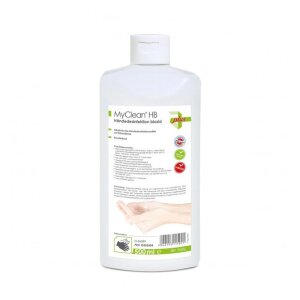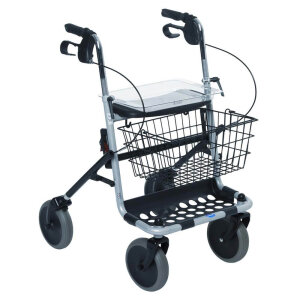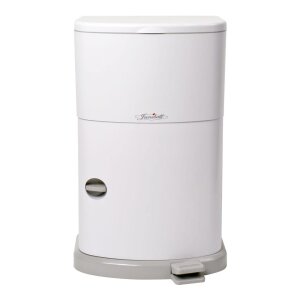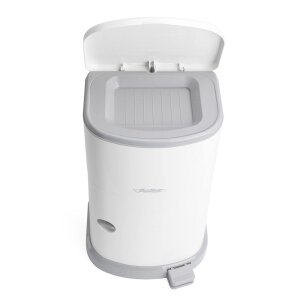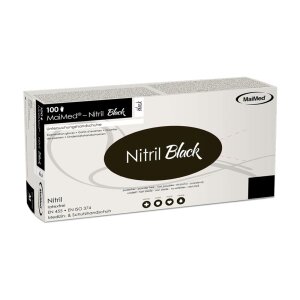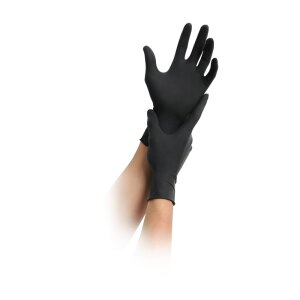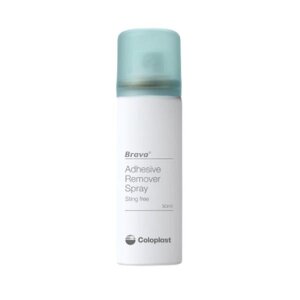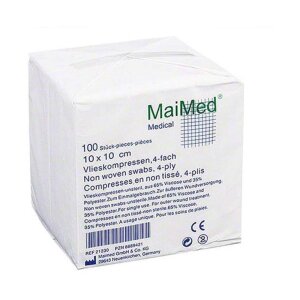- /
- Care & Wear
- /
- Care Clothing
- /
- Non-surgical Gowns
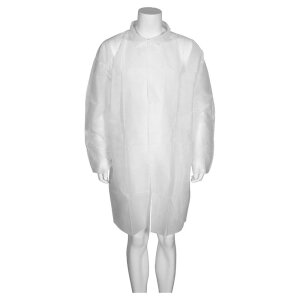

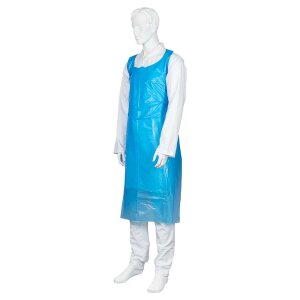


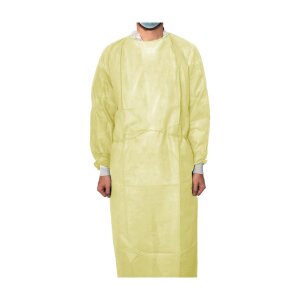
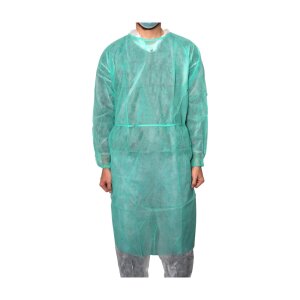
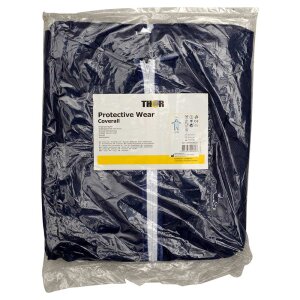


Non-surgical gowns
The purpose of these products is to protect you! Nursing gowns and protective gowns are designed to keep pathogens, blood and faeces away from doctors in surgeries and hospitals as well as care facility staff. In times of coronavirus, they are also part of the basic equipment for employees in test centers. The gowns also prevent the spread of germs, bacteria and viruses. Wearers take off the special garments as soon as the risky work has been completed. Disposable protective gowns are then disposed. The garments, which are intended for repeated use, are washed at high temperatures and thoroughly disinfected.
Different types of non-surgical gowns:
At best, protective gowns cover the front of the wearer's body without any gaps. The different types have straps, press studs or zippers to ensure that the garment does not slip and provides the necessary security. The density of the products, which are often made from polypropylene fleece, also varies. Remember: The denser the material, the less permeable it is. This range makes sense, as nursing staff need to protect themselves in a completely different way from visitors of medical institutions. Gowns for the latter do not necessarily have to meet the standards for infection control gowns.
The EN and ISO numbers on the respective product tell you which article does what. The abbreviations stand for European Standard or the International Organization for Standardization. Examples of standards for non-surgical gowns:
- ISO 16603 materials effectively shield wearers from contact with blood and other body fluids
- gowns that comply with ISO standard 16604 protect against pathogens transmitted by blood or other body fluids
- EN 14126 and EN ISO 22610 designate materials that provide a barrier to biological germs from contaminated fluids (wet penetration)
- EN ISO 22612 means that the protective clothing prevents infectious biological particles (pathogens and toxins) from passing through the fabric when dry (dry penetration)
Why should protective gowns be used?
If there is a hygiene concept for the workplace or activity, employees may be required to wear disposable gowns. It is also possible that visitors to particularly vulnerable people in clinics, care homes or hospices are required to wear the special clothing.
The areas of application include:
- the food industry
- all medical institutions - including veterinary
- laboratories
- pharmaceutical companies
Our FAQs about non-surgical gowns:
When do I need to wear a non-surgical gown?
If you assume that you may come into contact with germs or germ-contaminated surfaces and bodily fluids of other people during your work, then you should wear a protective gown. In addition, the garment may even be mandatory for various fields of work so that you do not spread germs.
Which protective gowns are suitable for care work?
For certain types of work in nursing homes or similar medical institutions, it may be advisable to wear a gown that complies with the EN 14126 and EN ISO 22610 standards. These protect against biological germs from contaminated fluids. Protection is therefore also provided if the material becomes damp (wet penetration).
If you have any further questions, please do not hesitate to contact us on 04298 - 90 67 370 or by e-mail at service@citycare24.de.
